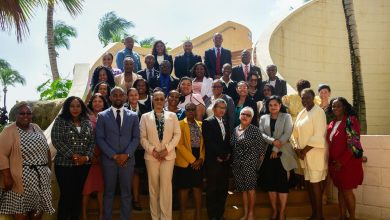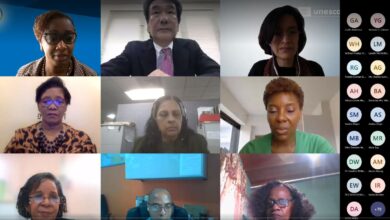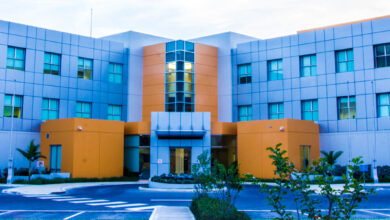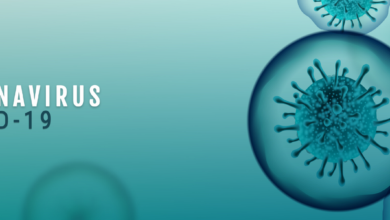(CARICOM Secretariat, Turkeyen, Greater Georgetown, Guyana) There can be no better time to discuss the issue of sport than in the current atmosphere of Caribbean success. The 27th Olympiad memories of the sterling performances and monumental achievement of the Region’s athletes remain fresh in our hearts and minds. And now the Region’s cricketers have added to this sense of euphoria by their resounding victory at the World T20 Championships.
In congratulating them all on their achievements, there is no doubt that the Region has benefited from the exploits of these sportsmen and women, not least through the immense pride felt by every Caribbean person.
We should also salute the improvement in the performance of our football teams in the CONCACAF region with the most recent and noteworthy achievement being Jamaica’s triumph over the USA in September.
I think we should applaud ourselves for these achievements!
There is no denying the significance of sport among our people and within our societies and it is for this reason that the theme chosen for this COHSOD meeting on sport is: “Promoting health, education, development and inclusion through sport”. As we contemplate the strategies necessary to augment the traditional modes of economic activity, sport must be considered as a viable possibility.
Sport must be developed and treated as part of the tradable sector and be re-positioned to contribute to the sustainable livelihood of people in the Region. It was perhaps precisely this thinking which led our Heads of Government at their May 2011 Retreat in Guyana, to identify Sports Tourism as one of the priority areas for further emphasis in the development of the Community.
The business of sport must be pursued vigorously, and this must be done with a serious dialogue among stakeholders – governments, the private sector, sport organisations, academia and the sportsmen and women.
This meeting’s agenda includes issues with respect to sport and physical education in schools on the one hand, and sport and physical activity for seniors on the other: two contrasting periods of life, but equally important for the well-being of our society. It is critical to ensure that our people adopt active and healthy lifestyles across every stage of their life cycle.
Reports indicate, at the same time, the increasing incidence of obesity and chronic lifestyle diseases among our youth, and the increase in life expectancy across the Caribbean. This brings into consideration the vulnerabilities that come with ageing. Particular attention must therefore be paid to the management of our seniors and persons with disabilities and provisions made for them to become and remain healthy and functioning members of society.
Our region has made some strides in addressing organised physical education and sport for persons with disabilities and there is much we can share with, and learn from, each other. It is of significance that attention has been given to this aspect of ‘Inclusion through Sport’ in the Agenda for this meeting. The technical work and advocacy efforts of the Trinidad and Tobago Association for Physical Education and Sport (TTASPE) throughout the region must be commended. The region recognises the significant support of the Australian Agency for International Development AUSAID for its initiative. We look forward to working together to further strengthen the provision of inclusive sport and physical education in schools and communities across the region.
There is enough evidence to support the premise that programmes in sport and physical activity can minimise, and sometimes prevent, the onset of lifestyle diseases, or Non-communicable Diseases. The other significant advantage of adopting such a lifestyle is the beneficial impact it will have in lessening the economic burden on regional economies. There is also evidence that sport, appropriately programmed and implemented, can have a positive impact on youth-at risk and foster inclusion of marginalised members of the society.
The stark realities and urgency of the challenges to be expected due to the prevalence of NCDs inspired the hosting of the Regional Summit on Chronic Non Communicable Diseases in Port of Spain in November 2007. We can recall that emanating from this historic Forum was the 15 point Port of Spain Declaration which articulated clearly the need for greater emphasis on physical education and sport as a means of averting a most worrying trend. CARICOM did not stop there, however, but proceeded to bring this trend to global attention with the holding by the UN High level Meeting on Chronic NCDs a year ago. Work has been done for the advancement of sport, but there is much more to be done to ensure that sport is transitioned from a mere pastime to a valuable feature of our societies. I therefore welcome you all to the Secretariat and to this Special Meeting of the COHSOD on Sport, and look forward to a robust and fruitful meeting, with positive decisions and outcomes for moving sport towards becoming a fully integrated component of our social, economic and human development.
As I close – and this is last but certainly not the least – I wish to congratulate Mr. Michael Muirhead on his recent appointment as the new CEO of the West Indies Cricket Board. We look forward to his valuable contribution towards the continued development of West Indies Cricket.






